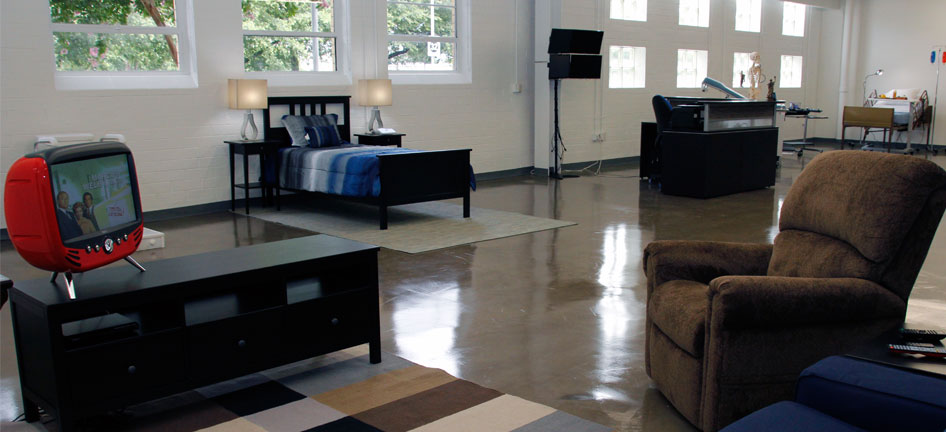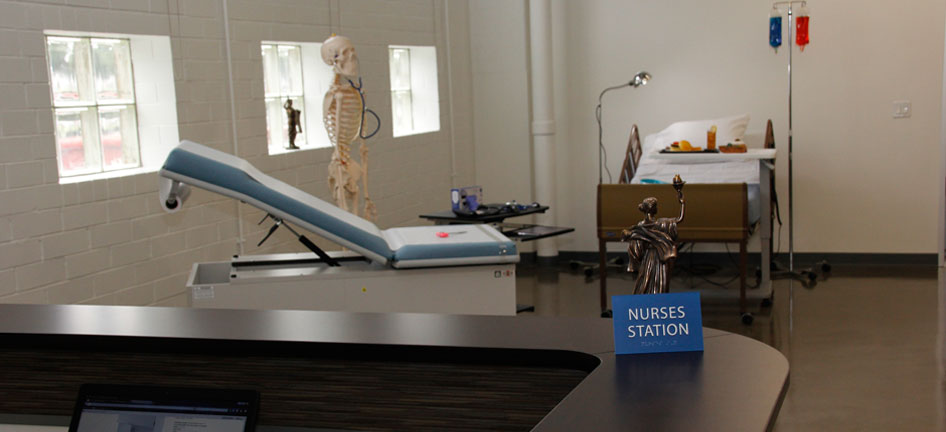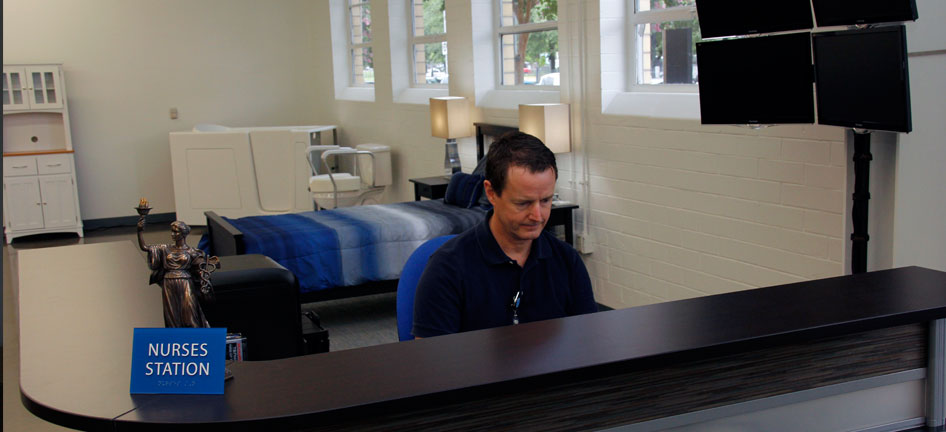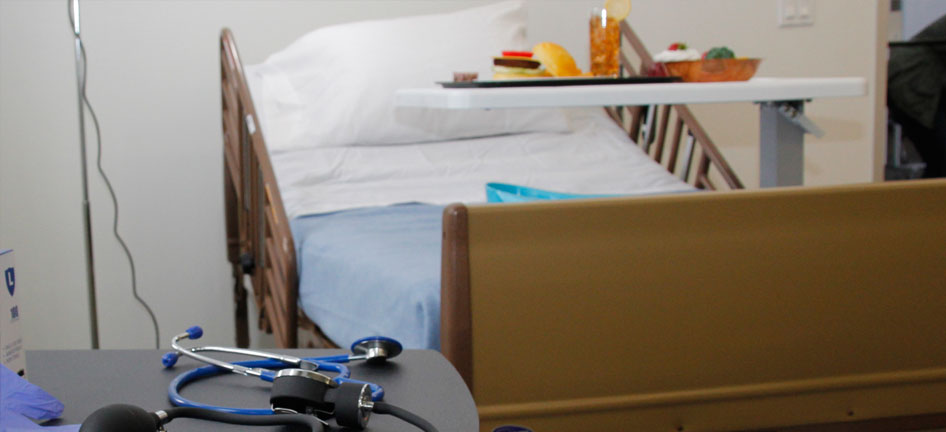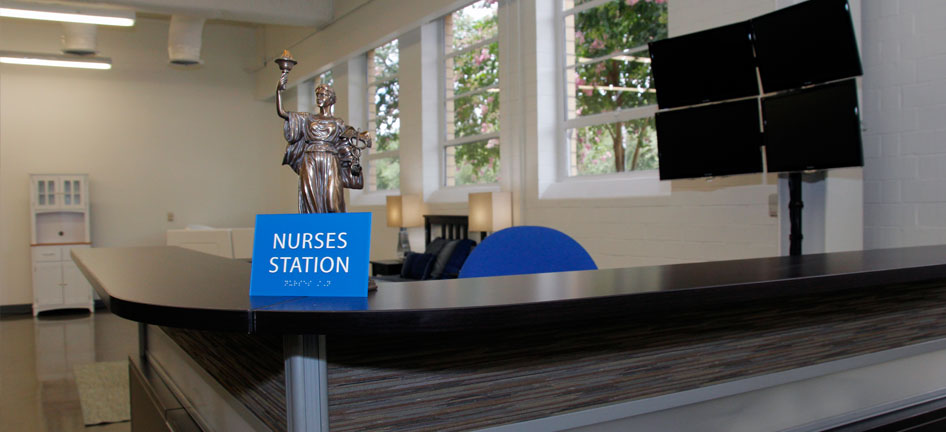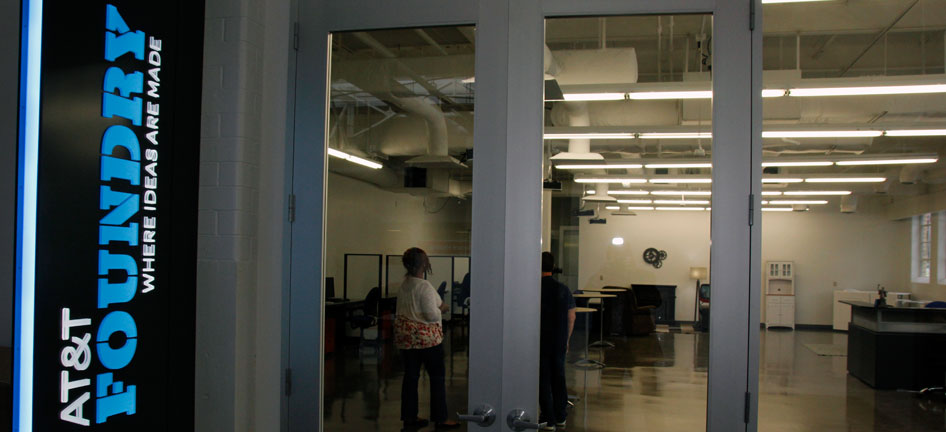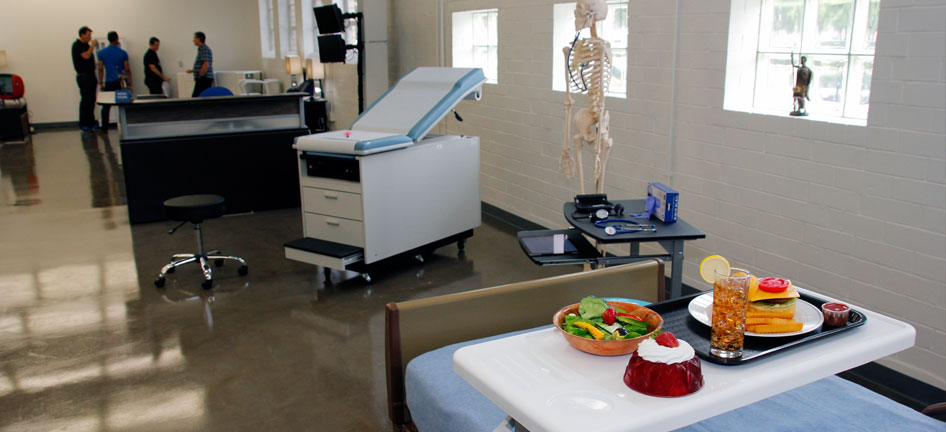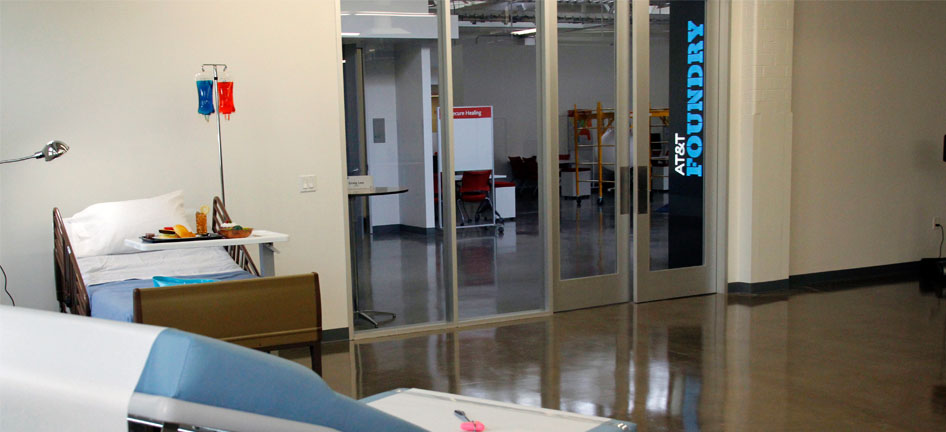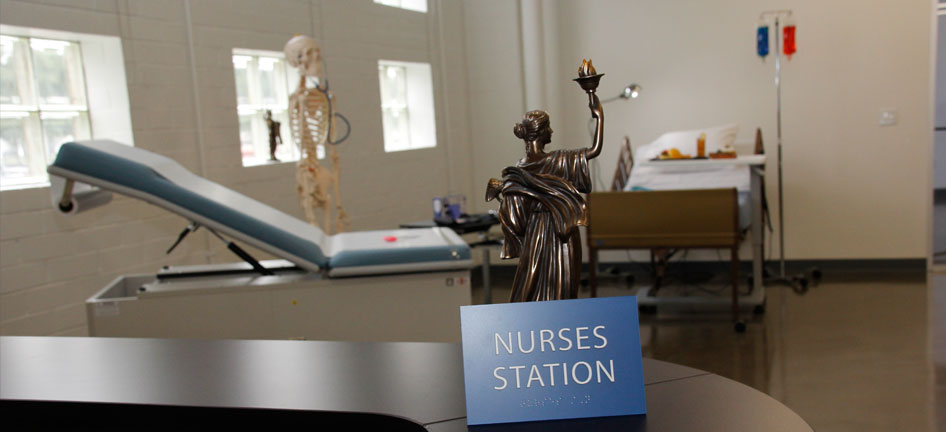Health care is so important, and it affects all of us. We have a chance to really change not only how health care is performed – but how technology advances. If we work side by side with the doctors, innovators, providers, hospitals, and other health care professionals, we can help make the world a better place.
I was so proud when we opened the doors to our sixth AT&T Foundry, dedicated to digital health care, on June 7 in Houston.
At our AT&T Foundry, we’re all about collaboration. The AT&T Foundry is a network of six centers around the world where developers, start-ups, and all parts of the company can come together, innovate, and make something new.
As head of our innovation team here, I knew the grand opening was the opportunity to let the world know we were ready to blaze a trail in connected health. What an advantage it is to be located in the heart of the largest medical complex in the world – the Texas Medical Center (TMC). There’s no better place for medical research and collaboration.
Houston’s medical expertise is world-renown. But Houston’s best-kept secret might be its vibrant start-up community. Plus, the TMC accelerator (TMCx) also matriculates dozens of successful start-ups annually. Having come from the heart of Silicon Valley, I truly believe Houston can also become a vibrant hub for medical/tech innovation.
Here at the AT&T Foundry, my team includes two biomedical engineers. Each day we combine our knowledge, experience and innovation techniques to improve patients’ overall health and wellness. A solid team with diverse backgrounds will no doubt drive innovation success.
From day one, our mission was clear. Let’s marshal our resources – a diverse team of experts coupled with our robust network – to provide digital health innovations that help quality of life.
To be disruptive, we need to solve real-world problems. Here’s how we’re doing just that:
We’re exploring possibilities. Especially, those related to the challenges of age-related memory loss. People who suffer from dementia and other types of mental decline inspired us to pursue this. We’re working with a start-up on a personalized, cloud-based reminder system for seniors.
The simple, hands-free interface also includes a voice-controlled device. Not only can seniors communicate with family/ caregivers over voice and video – but they can receive reminders of medication, appointments and every-day tasks.
We’re gaining more insight. We’re looking at patients’ health/lifestyle data patterns, while always keeping patient privacy and network security as top priorities. Health experts may provide better advice when provided with a fuller picture of a person’s overall health and well-being. The more meaningful the data sets, the more insights available for decision-making. The learning/discovery phase grows richer.
We’re investigating new ways to connect. And it starts in the home. What if you could get a fuller picture of your health through devices like your scale, computer, clock or tablet? Testing elements for home monitoring to track information like blood oxygen, weight, blood pressure and daily activity is mission critical in our Aging in Place lab.
Facing the challenges of health care requires fast, efficient problem-solving methods. We’ve got that covered. A 12-week sprint cycle culture is the AT&T Foundry norm. Being in the heart of the medical community boosts the connections, speed, and energy required to push good ideas forward.
I’m excited about the work on the horizon for us at the connected health AT&T Foundry. I can’t wait to tell you more in the future. For now, check out the video below to learn more.

Nadia Morris, Head of Innovation, AT&T Foundry for Connected Health, Houston, TX
